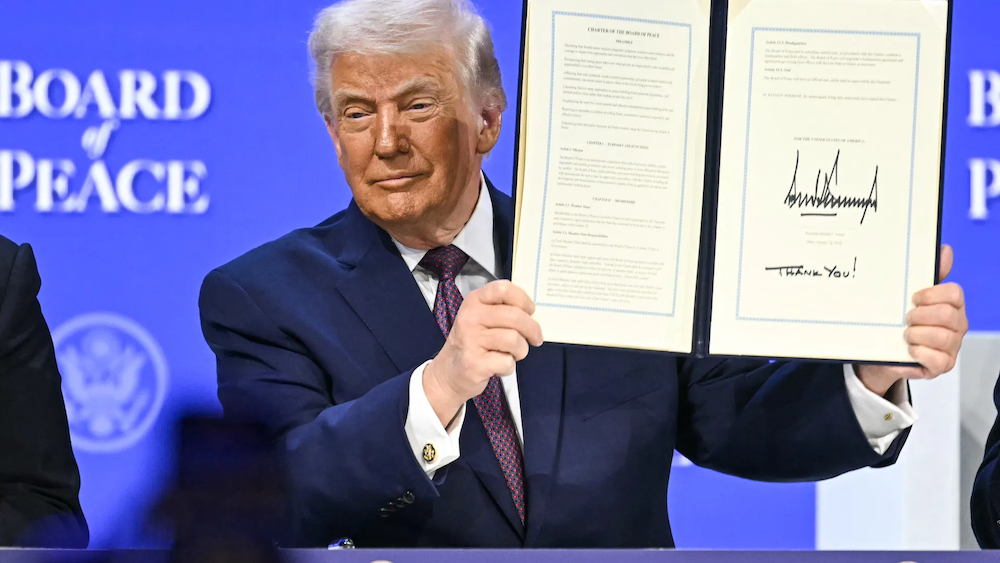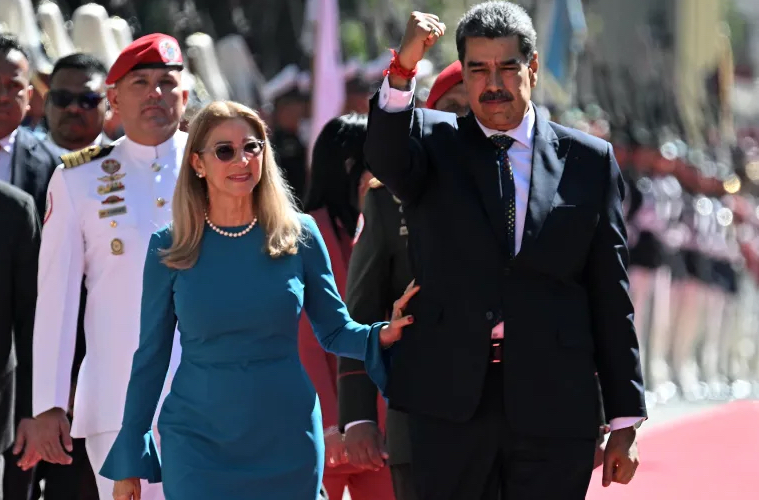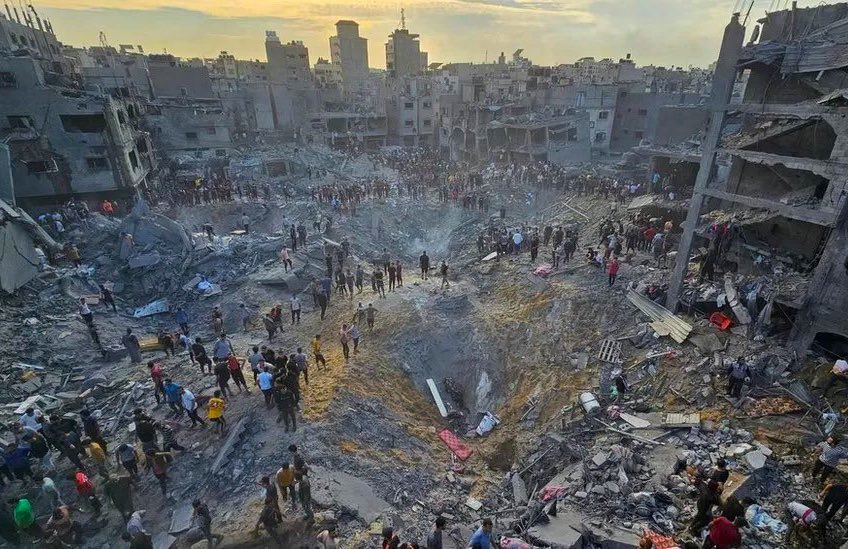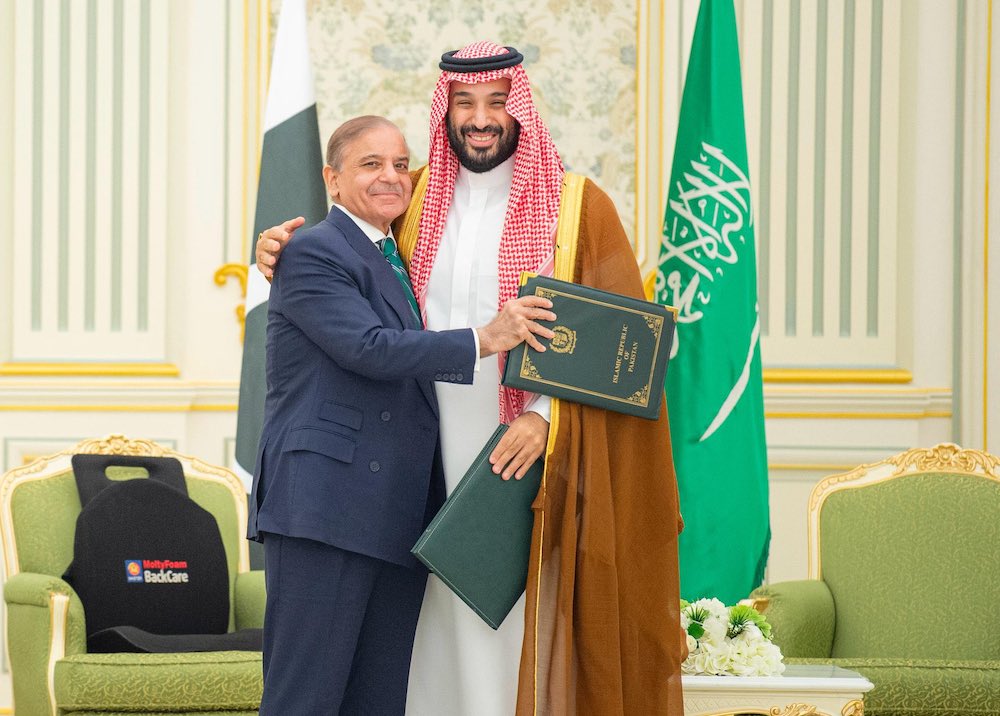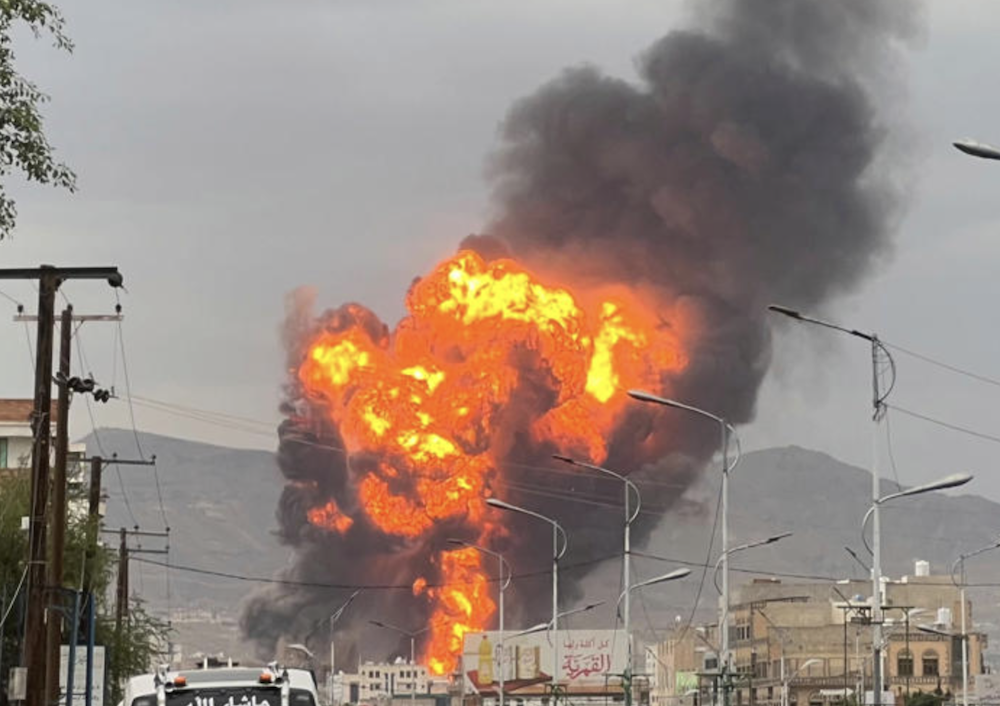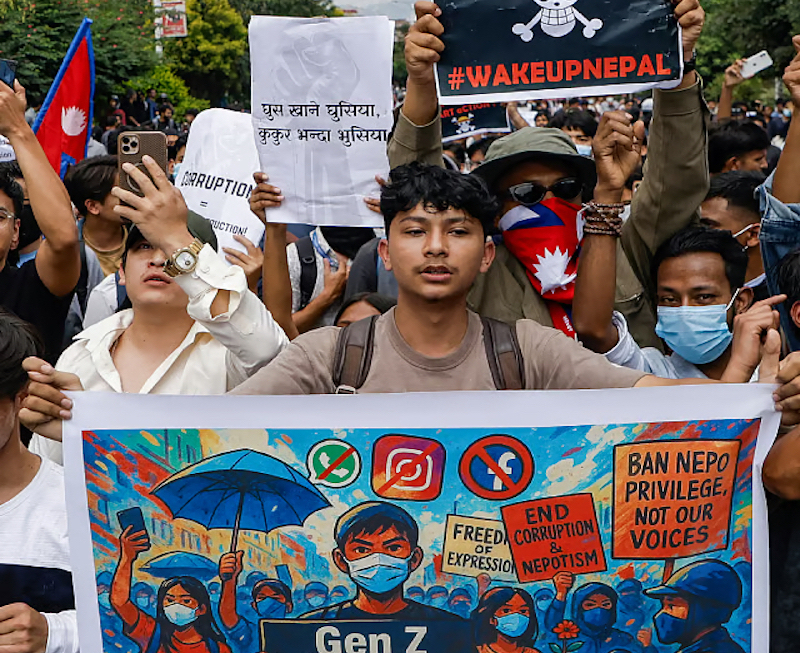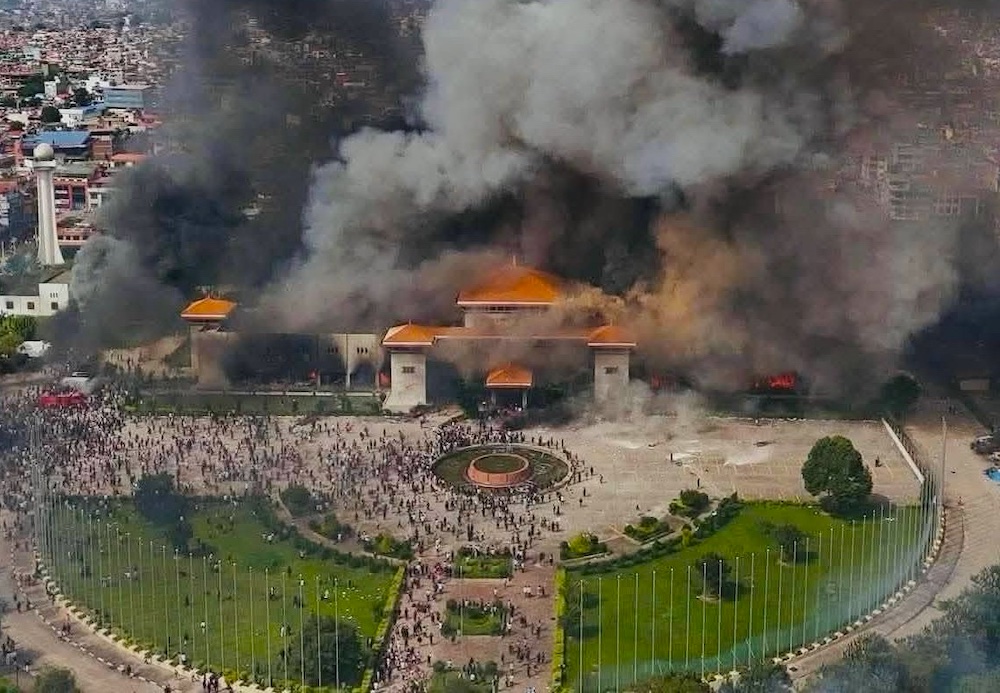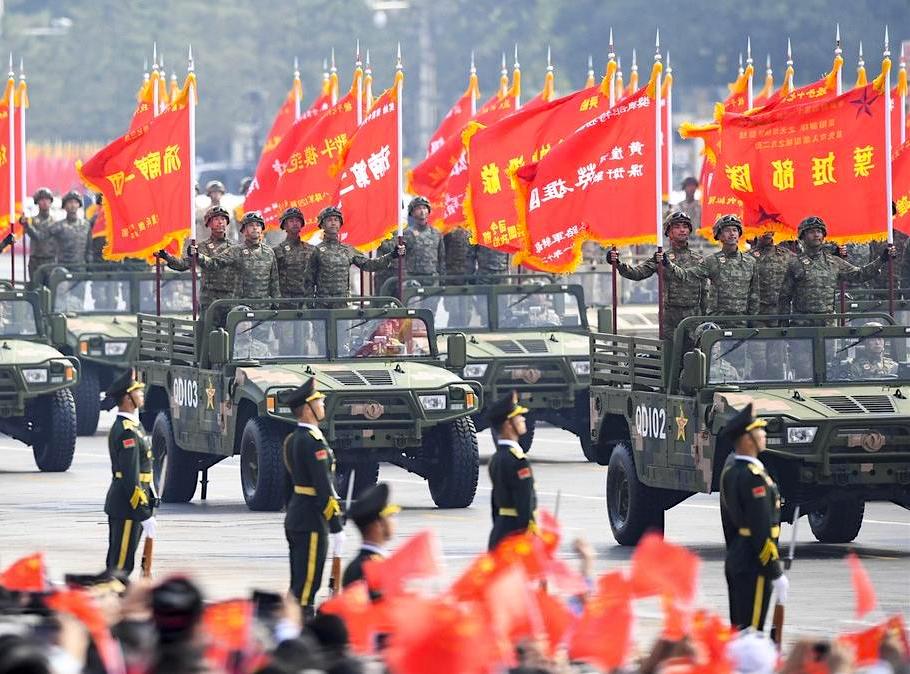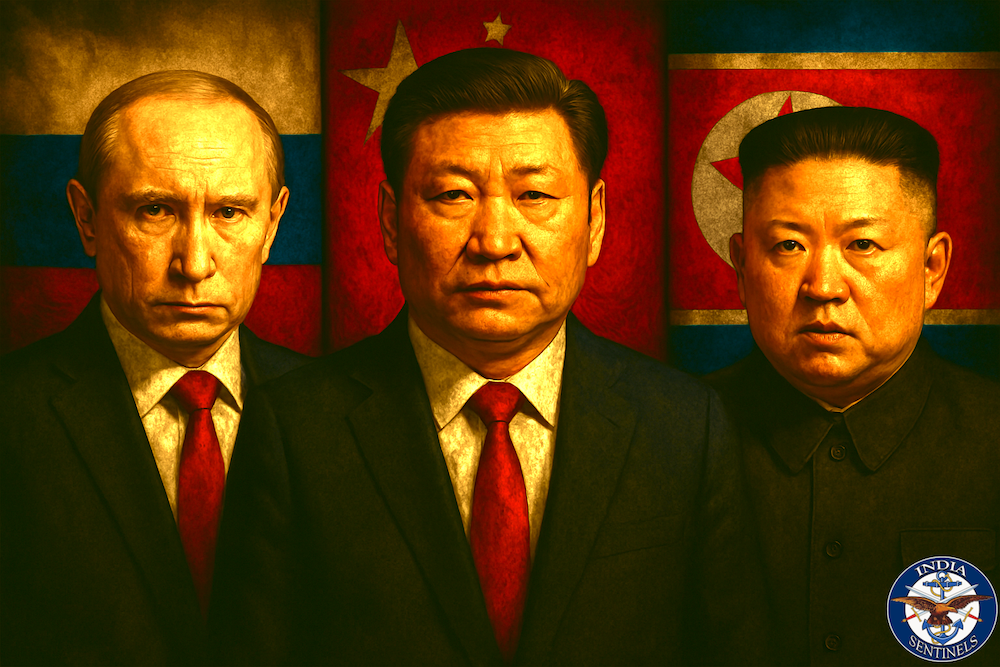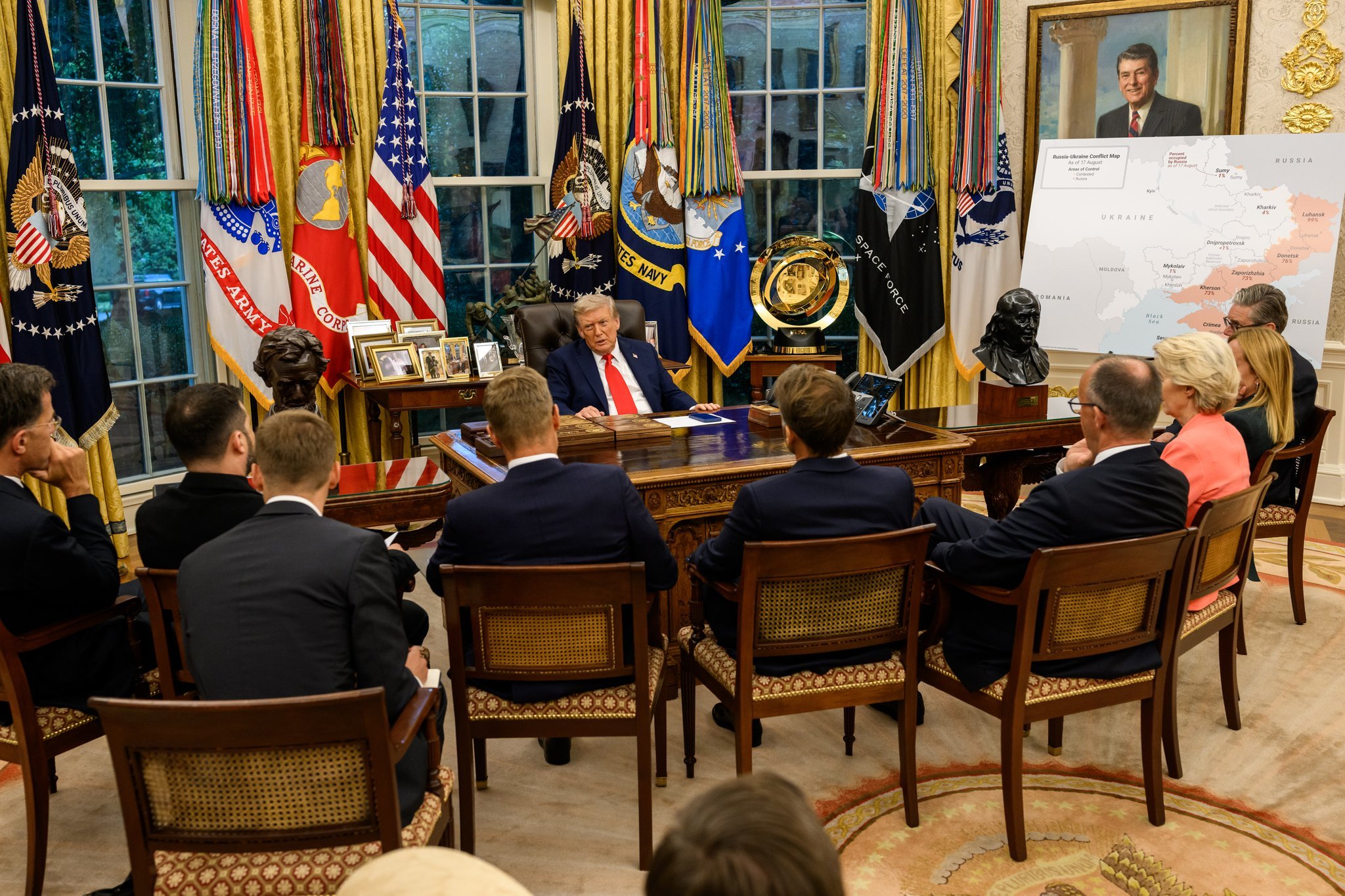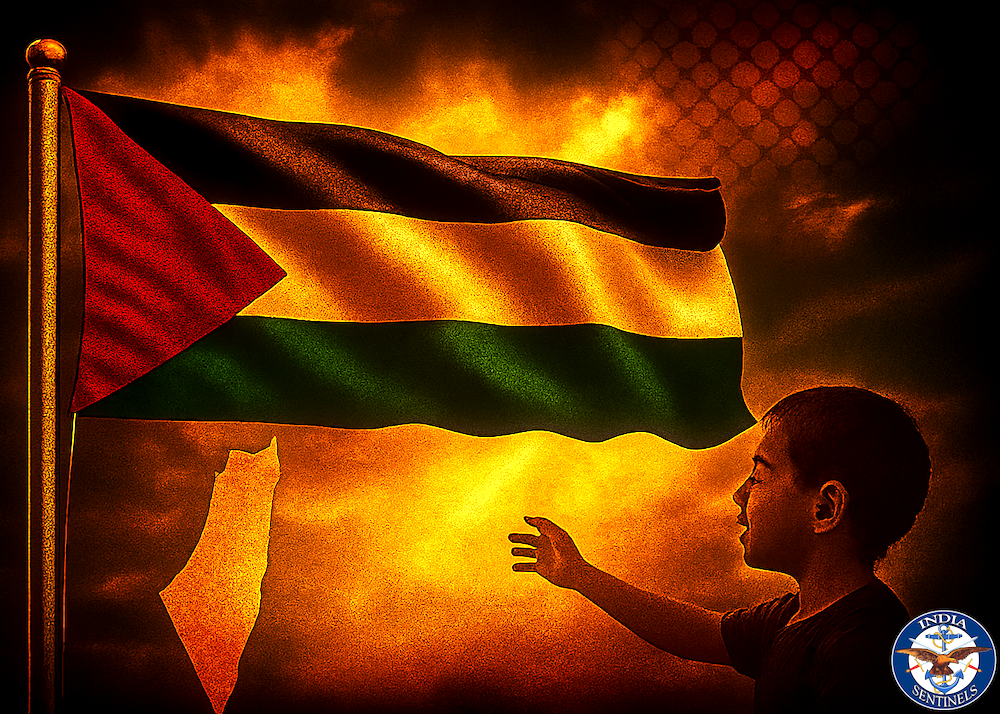 Illustration for representation. (© India Sentinels 2025–26)
Illustration for representation. (© India Sentinels 2025–26)
New Delhi: In an unprecedented diplomatic manoeuvre on Sunday, three major western democracies – Australia, Canada and the United Kingdom – simultaneously recognized Palestine as an independent sovereign state, marking the first time G7 nations have taken such coordinated action on Palestinian statehood.
The synchronized announcements represent a major realignment in western diplomacy toward the Israeli-Palestinian conflict, coming amid Israel’s renewed offensive in Gaza City and continued settlement expansion in the West Bank. The timing suggests growing international frustration with the lack of progress toward a two-state solution.
Canada led the initiative on Sunday morning, followed by Australia and then Britain, with all three nations emphasizing their commitment to Palestinian state-building and Gaza’s reconstruction while explicitly excluding Hamas from any future governance role.
Canadian leadership under Carney
The Canadian prime minister, Mark Carney, framed his country’s decision as a response to deteriorating peace prospects. “Over many decades, Canada’s commitment to [a two-state solution] was premised on the expectation that this outcome would be eventually achieved as part of a negotiated settlement. Regrettably, this possibility has been steadily and gravely eroded,” Carney stated.
His announcement was particularly critical of Israeli policies, asserting that “the current Israeli government is working methodically to prevent the prospect of a Palestinian state from ever being established. It has pursued an unrelenting policy of settlement expansion in the West Bank, which is illegal under international law.”
Carney secured specific commitments from the Palestinian Authority, including governance reforms, general elections in 2026 excluding Hamas participation, and steps toward demilitarization of the prospective Palestinian state.
Australian conditions and coordination
The Australian prime minister, Anthony Albanese, alongside foreign minister Penny Wong, declared that “effective today, Sunday the 21st of September 2025, the Commonwealth of Australia formally recognizes the independent and sovereign State of Palestine.”
Australia framed its recognition as part of a “coordinated international effort to build new momentum for a two-state solution, starting with a ceasefire in Gaza and the release of the hostages taken in the atrocities of October 7, 2023.” The government set clear conditions that “the terrorist organization Hamas must have no role in Palestine” and made further diplomatic steps contingent on Palestinian Authority reforms.
Britain’s historic declaration
The announcement by the British prime minister, Keir Starmer, carried particular symbolic weight given Britain’s historical role in the region dating back to the 1917 Balfour Declaration. “Today, to revive the hope of peace and a two-state solution, I state clearly, as prime minister of this great country, that the United Kingdom formally recognizes the State of Palestine,” Starmer declared in a video statement.
Starmer carefully addressed terrorism concerns, emphasizing: “This solution is not a reward for Hamas because it means Hamas can have no future, no role in government, no role in security.” He had previously outlined conditions in July requiring Israel to make substantive progress toward ending Gaza’s humanitarian crisis and commit to a peace process excluding West Bank annexation.
Israel furious
Israeli reaction was swift and unified across the political spectrum. The Jewish state’s prime minister, Benjamin Netanyahu, characterized the recognition as “absurd” and a form of national suicide, declaring through his spokeswoman that “the people of Israel aren’t going to commit suicide because of the political needs of European politics.”
At his weekly cabinet meeting, Netanyahu vowed to “fight at the UN and in all other arenas against the false propaganda directed at us and the calls for the establishment of a Palestinian state.”
Far-right ministers escalated their rhetoric significantly. Israel’s national security minister, Itamar Ben-Gvir, announced he would “submit a proposal for the application of sovereignty at the upcoming cabinet meeting”, calling for “the immediate application of sovereignty in Judea and Samaria and the complete dismantling of the Palestinian Authority”.
The country’s finance minister, Bezalel Smotrich, declared that “the days when Britain and other countries would determine our future are over” and called for “sovereignty over the historic homeland of the Jewish people in Judea and Samaria”.
Even Israeli opposition figures criticized the move, though from different perspectives. The Blue and White party leader, Benny Gantz, argued that recognition “ultimately only emboldens Hamas, extends the war, distances the prospects of a hostage deal and sends a clear message of support to Iran and its proxies.”
American opposition and isolation
The administration of the United States president, Donald Trump, maintained strong opposition to the recognition initiative, with the country becoming increasingly isolated on Palestinian statehood issues. Trump had expressed disagreement with the recognition plans during his recent state visit to Britain, telling Starmer that Palestinian recognition represented “one of our few disagreements”.
The US secretary of state, Marco Rubio, strongly criticized the initiatives, warning they were “counterproductive” and would “undermine negotiations, embolden Hamas, and jeopardize future peace prospects in the region”.
The US took concrete steps to limit Palestinian participation in United Nations proceedings, denying visas to the Palestinian Authority president, Mahmoud Abbas, and other PA officials, preventing them from attending the UN general assembly. This unprecedented move was directly linked to the recognition initiatives.
Palestinian and international response
The Palestinian foreign minister, Varsen Aghabekian Shahin, described the recognitions as bringing Palestine “closer to sovereignty and independence”. She emphasized: “This recognition is certainly not symbolic. It is a practical, tangible, irreversible step that countries must take if they are invested in preserving the two-state solution.”
The three-nation recognition forms part of a broader international initiative involving 10 countries expected to recognize Palestinian statehood during UN general assembly week. France was expected to lead additional recognitions on September 22 during a high-level conference co-hosted with Saudi Arabia.
Other countries confirming recognition intentions included Portugal, Belgium, Luxembourg, Malta, San Marino, and Andorra. This wave would bring the total number of UN member states recognizing Palestine to approximately 159 out of 193.
India’s position on Palestinian statehood
India has long been a supporter of Palestinian statehood. It had formally recognized Palestine as a state in 1988 under the-then prime minister, Rajiv Gandhi. This recognition came shortly after the Palestine Liberation Organization’s declaration of independence in November 1988.
India’s position has remained consistent across different governments, supporting a two-state solution and Palestinian self-determination while maintaining diplomatic relations with Israel. The current government has continued this balanced approach, with the external affairs minister, S Jaishankar, recently reaffirming India’s support for a “sovereign, independent, viable and united state of Palestine” at various international forums.
India’s early recognition of Palestine places it among the majority of nations that support Palestinian statehood, reflecting the country’s historical solidarity with anti-colonial movements and commitment to Palestinian rights while maintaining strategic partnerships across the Middle East.
What happens now?
The recognition by three major western powers creates unprecedented pressure on Israel and highlights its growing international isolation. The timing, coinciding with Israel’s renewed Gaza offensive and continued West Bank settlement expansion, underscores international frustration with stalled peace efforts.
The humanitarian crisis in Gaza, with over 65,000 Palestinians killed according to health authorities, has intensified calls for international intervention. The coordinated nature of the recognitions, combined with additional countries expected to follow suit, demonstrates growing international consensus around Palestinian statehood as essential to regional peace.
Israeli officials have expressed concern that potential annexation measures in response to recognition could jeopardize the Abraham Accords with Arab nations. United Arab Emirates officials specifically warned that West Bank annexation would cross a “red line” and potentially end regional integration efforts.
The recognition wave coincides with Arab League involvement in peace planning, with Saudi Arabia co-hosting the UN conference on Palestinian statehood. This Arab engagement represents a significant shift from previous decades when Palestinian statehood was primarily supported by global south nations.
While these recognitions are largely symbolic and don’t immediately change ground conditions in Gaza or the West Bank, they signal a fundamental shift in international sentiment. The broad international support for the New York Declaration – endorsed by 142 UN member states on September 12, 2025, condemning both October 7 Hamas attacks and Israeli attacks on Gaza civilians – suggests momentum toward Palestinian statehood recognition may continue growing.
The ultimate impact will depend on whether these diplomatic moves can translate into meaningful pressure for a Gaza ceasefire, progress toward hostage releases, and eventual negotiations toward a comprehensive two-state solution addressing both Palestinian and Israeli aspirations for security and self-determination.
Follow us on social media for quick updates, new photos, videos, and more.
X: https://twitter.com/indiasentinels
Facebook: https://facebook.com/indiasentinels
Instagram: https://instagram.com/indiasentinels
YouTube: https://youtube.com/indiasentinels
© India Sentinels 2025-26

